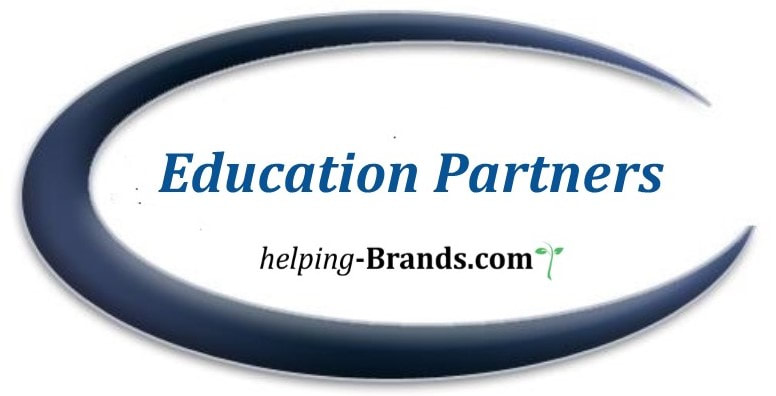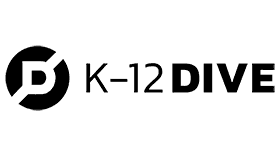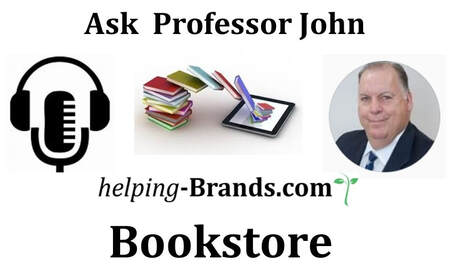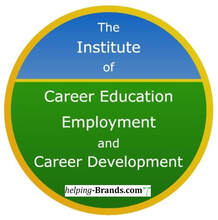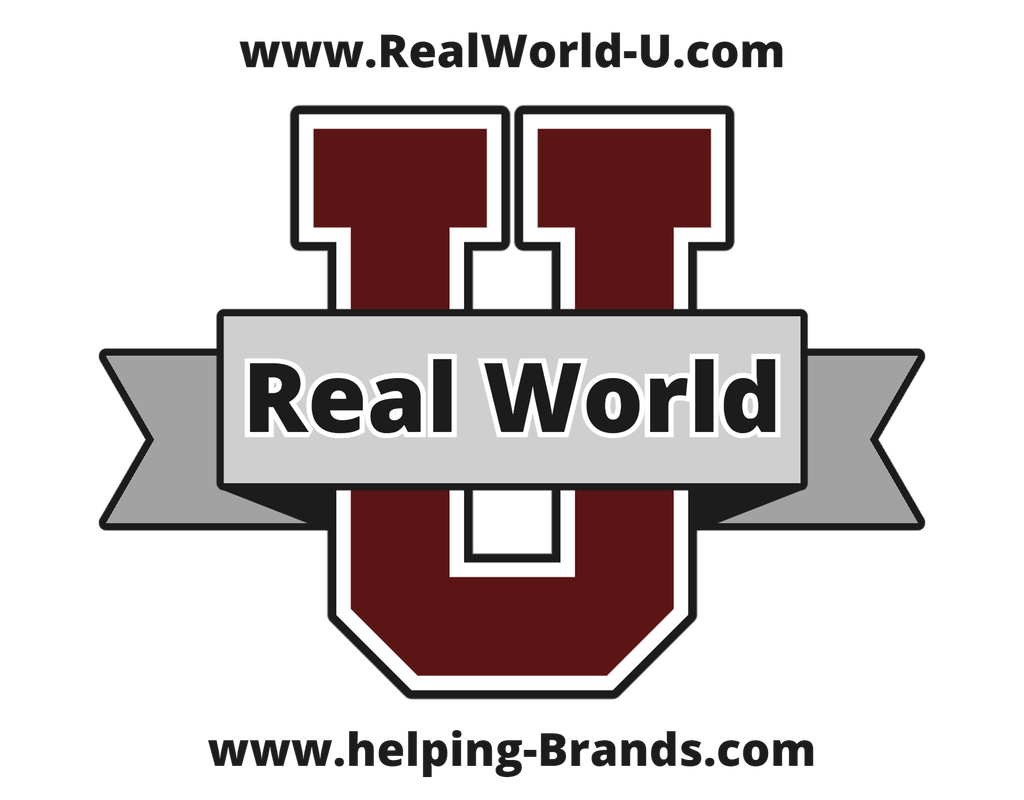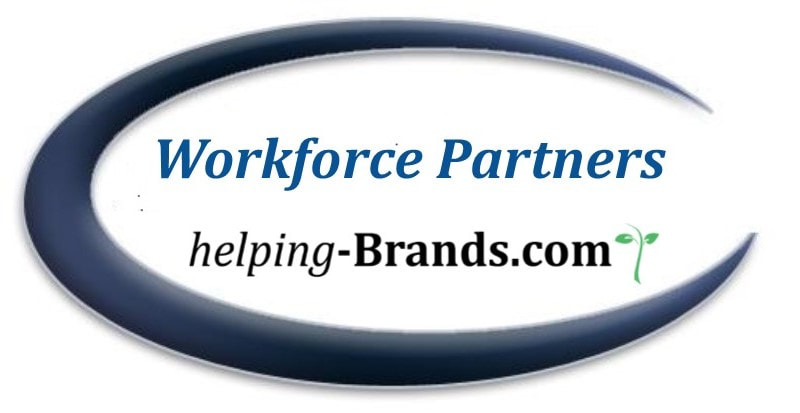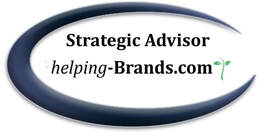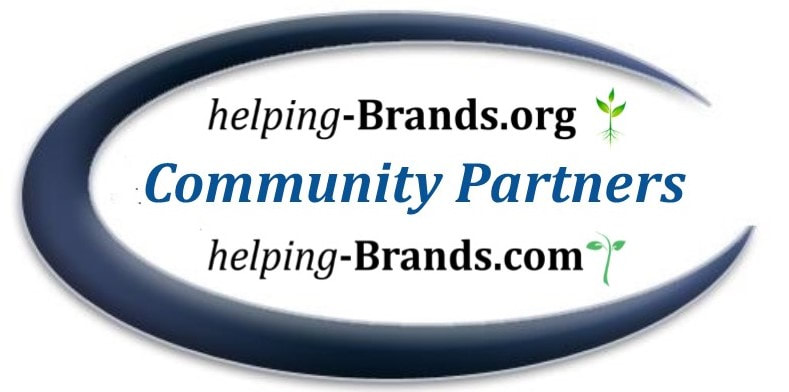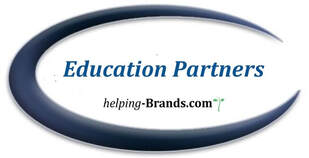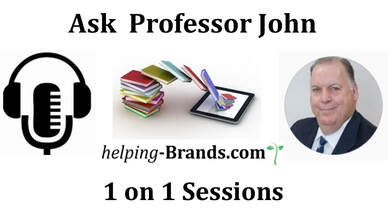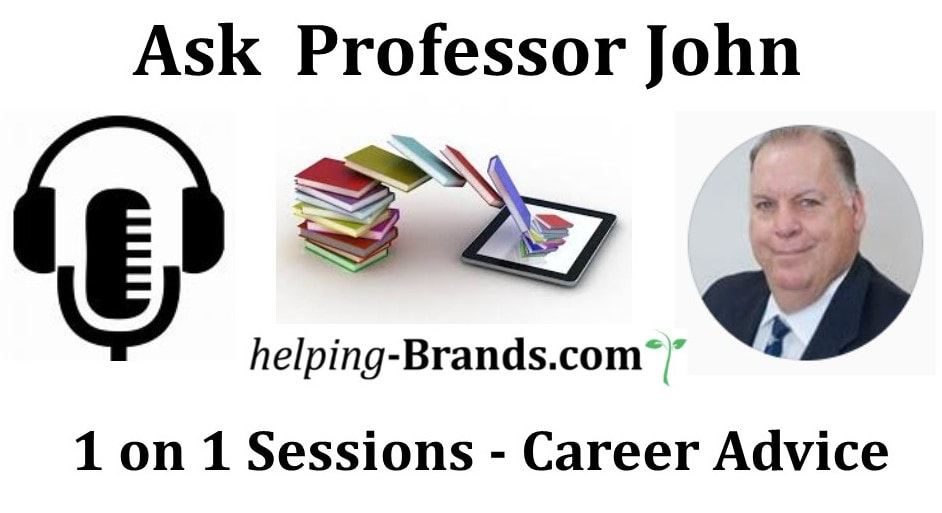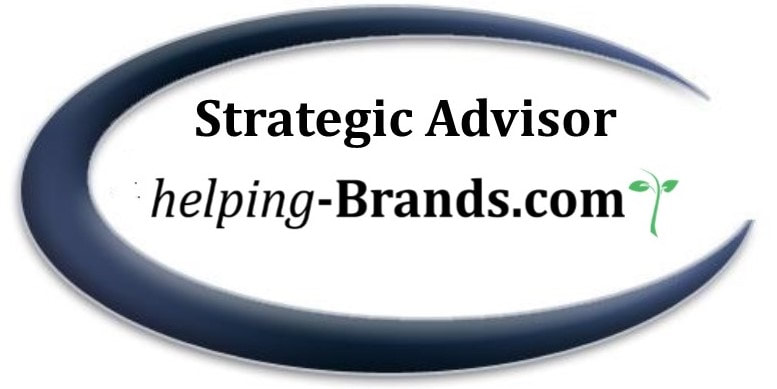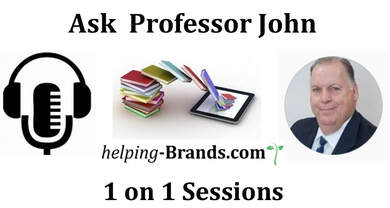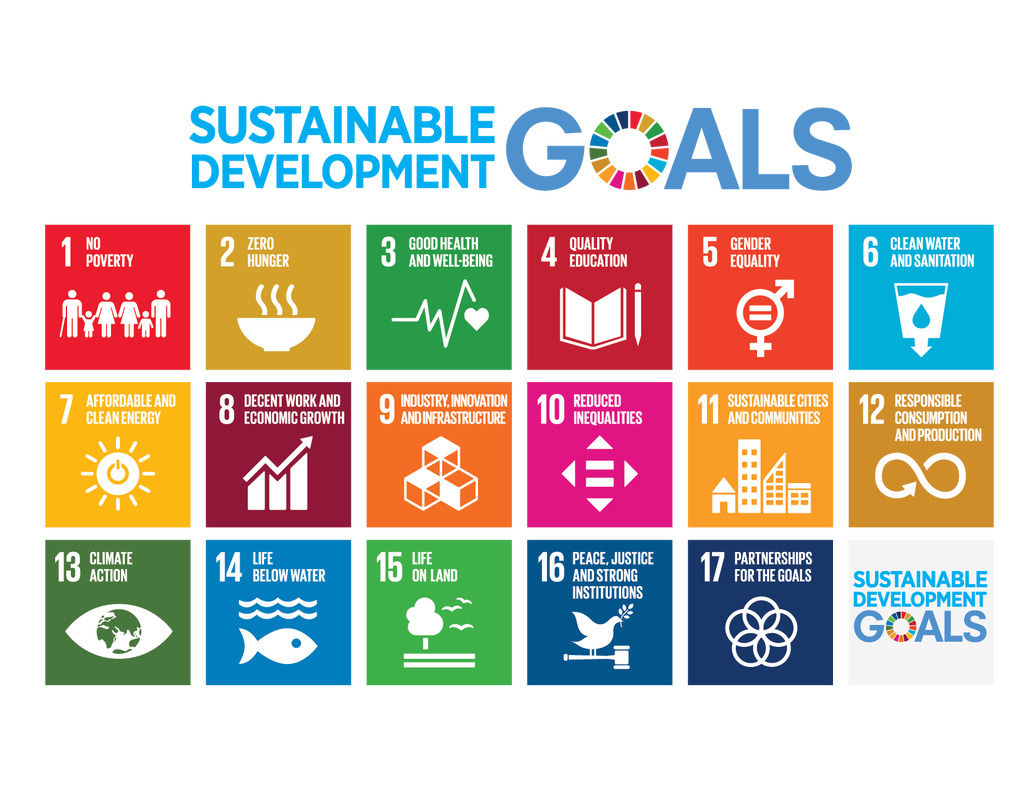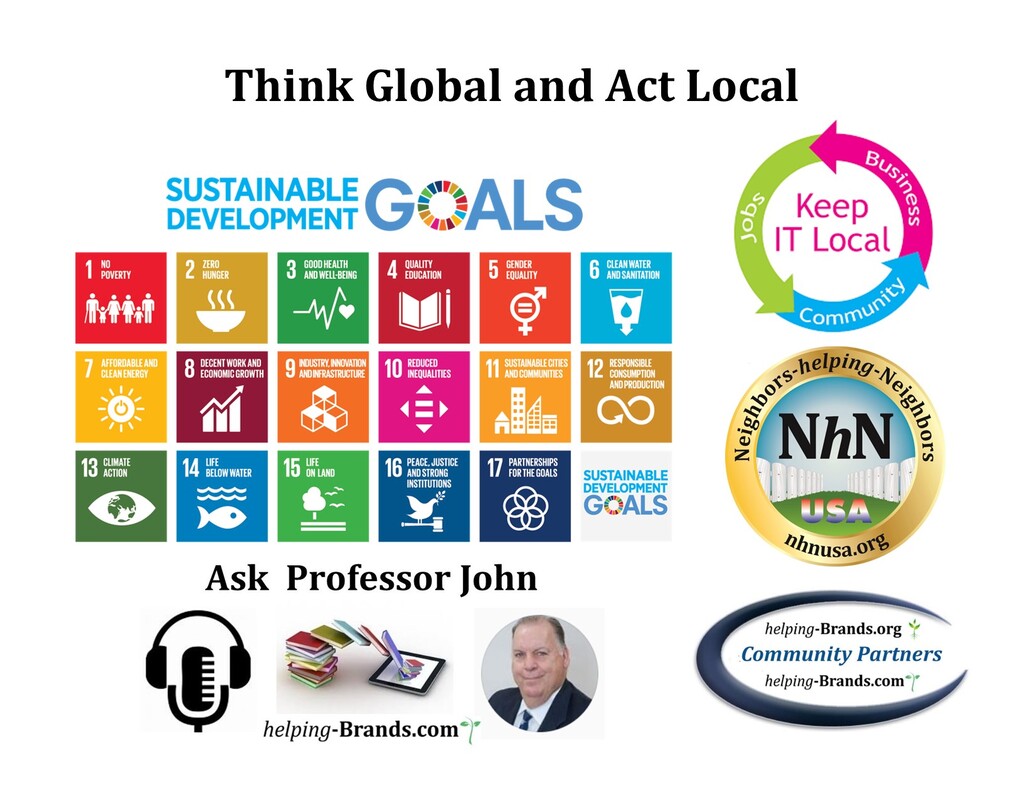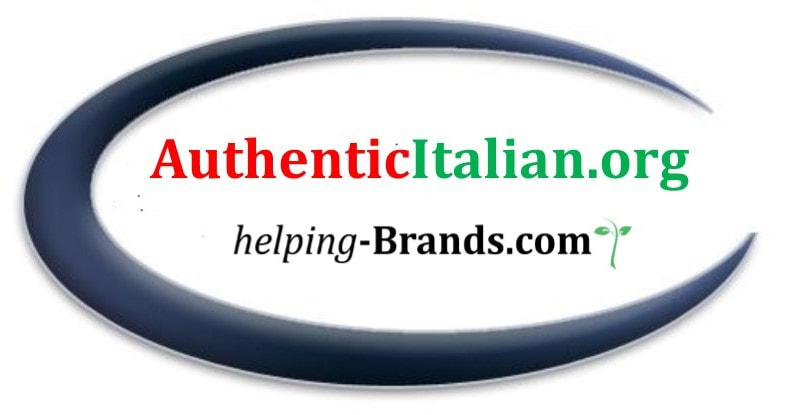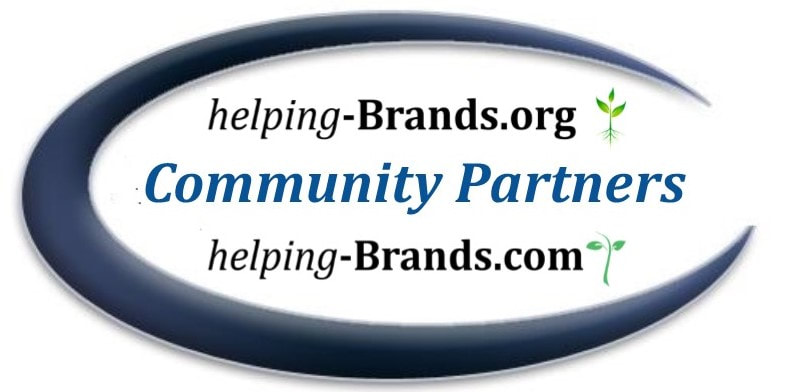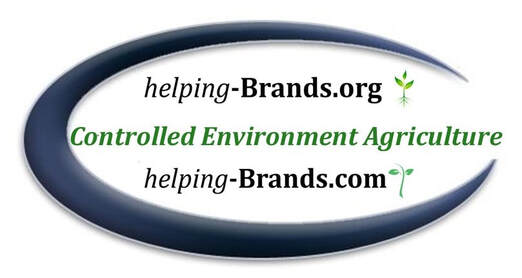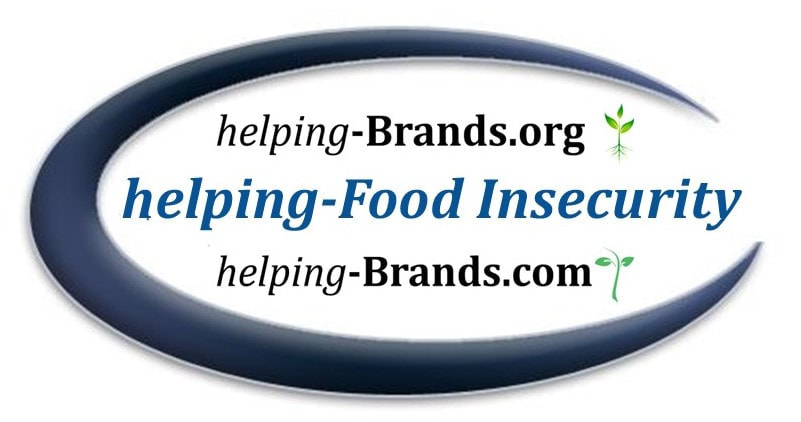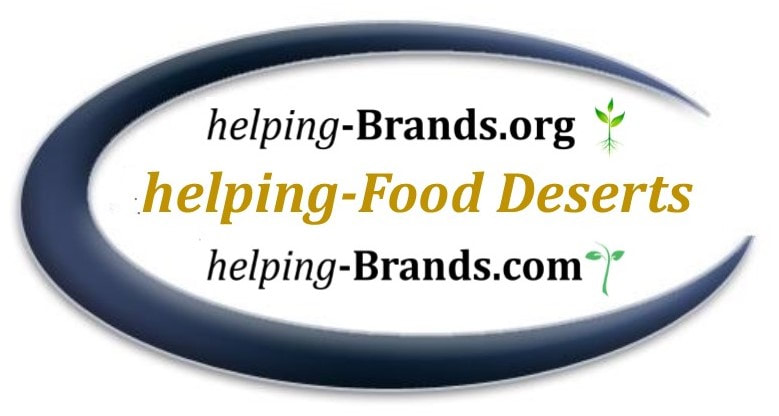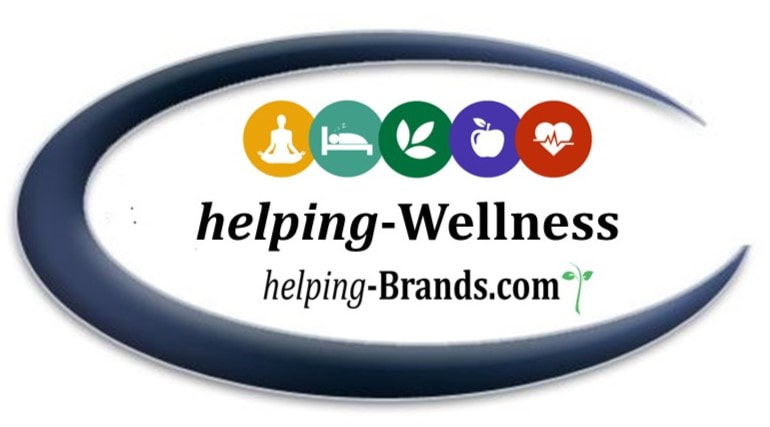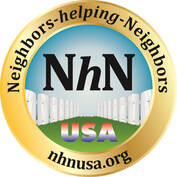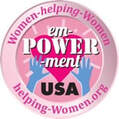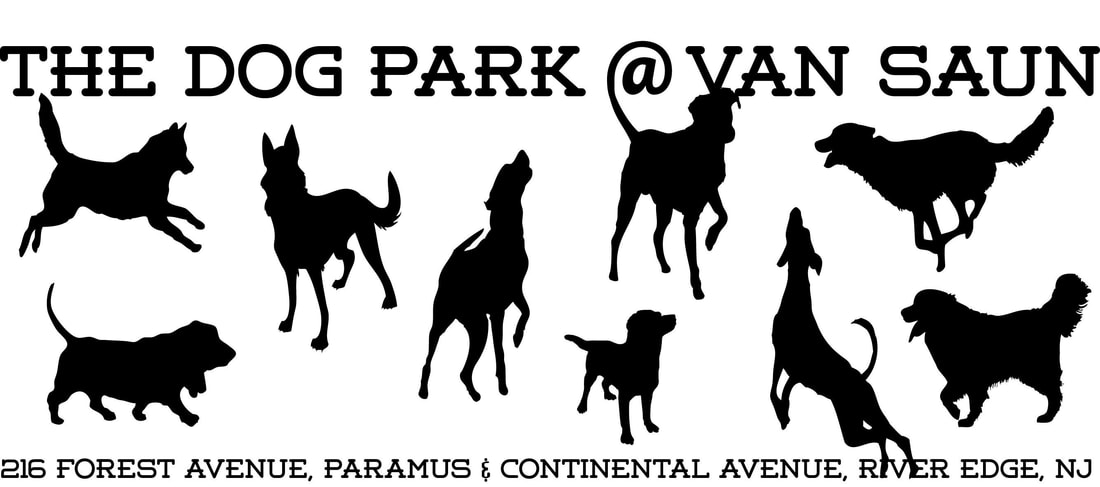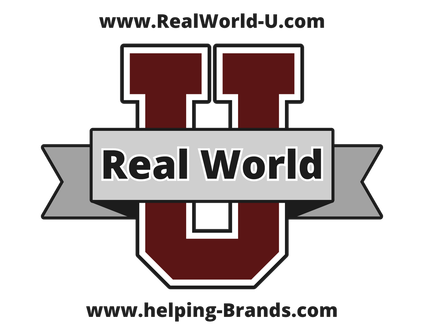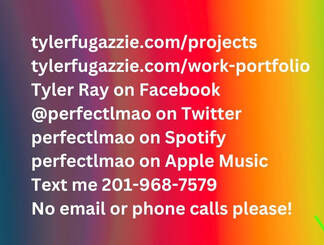Recommendations | Recognition | johnrfugazzie.com | LinkedIn Profile
Book one on one hour call to discuss your needs
|
Education has not kept up with the trends and changes of the "real world" to properly prepare their students for the workplace. I am in a unique position to know this as I have worked in the private sector for years before spending some time in Economic/Workforce Development and in Education, teaching as an adjunct master level classes in the Hispanic Center of a private university for eight years.
The national, state and local workforce development systems depends upon the collaboration and alignment of organizations who must be in alignment for the work to be successful. Many times the cultures of the various types of organizations who must collaborate are severely different. Articles of interestEducation Articles of Interest 3 higher ed takeaways in Biden's $88.3B education budget for fiscal 2023 New proposal would hike the maximum Pell Grant, spend more on minority-serving institutions and fund workforce development at community colleges.
Published March 28, 2022 |
Career AdviceMARKET INSIGHTS BY WILEY
STATE OF THE EDUCATION MARKET 2023
| ||||||||||||
Experiential learning
From Wikipedia, the free encyclopedia
Shimer College students learning to cook by cooking, 1942.
Experiential learning is the process of learning through experience, and is more specifically defined as "learning through reflection on doing". Hands-on learning is a form of experiential learning but does not necessarily involve students reflecting on their product. Experiential learning is distinct from rote or didactic learning, in which the learner plays a comparatively passive role. It is related to but not synonymous with other forms of active learning such as action learning, adventure learning, free choice learning, cooperative learning, and service learning.
Experiential learning is often used synonymously with the term "experiential education", but while experiential education is a broader philosophy of education, experiential learning considers the individual learning process. As such, compared to experiential education, experiential learning is concerned with more concrete issues related to the learner and the learning context.
The general concept of learning through experience is ancient. Around 350 BCE, Aristotle wrote in the Nichomachean Ethics "for the things we have to learn before we can do them, we learn by doing them". But as an articulated educational approach, experiential learning is of much more recent vintage. Beginning in the 1970s, David A. Kolb helped to develop the modern theory of experiential learning, drawing heavily on the work of John Dewey, Kurt Lewin, and Jean Piaget. Kurt Lewin's Change Management Theory here: http://daniellock.com/kurt-lewin-change-model/
Elements of experiential learning Experiential learning can exist without a teacher and relates solely to the meaning-making process of the individual's direct experience. However, though the gaining of knowledge is an inherent process that occurs naturally, a genuine learning experience requires certain elements. According to Kolb, knowledge is continuously gained through both personal and environmental experiences. Kolb states that in order to gain genuine knowledge from an experience, the learner must have four abilities:
The Pygmalion effect, or Rosenthal effect, is what psychologists consider a form of 'self-fulfilling prophecy'. It is a theory showing that people will often end up behaving in the way that others had expected them to when the subject has been repeatedly exposed those the others expectations about them. This effect can have both positive and negative outcomes. This is an introduction to the seminal study by Robert Rosenthal that shows this phenomenon.
https://www.youtube.com/watch?v=EjbL7zW-Wig
From Wikipedia, the free encyclopedia
Shimer College students learning to cook by cooking, 1942.
Experiential learning is the process of learning through experience, and is more specifically defined as "learning through reflection on doing". Hands-on learning is a form of experiential learning but does not necessarily involve students reflecting on their product. Experiential learning is distinct from rote or didactic learning, in which the learner plays a comparatively passive role. It is related to but not synonymous with other forms of active learning such as action learning, adventure learning, free choice learning, cooperative learning, and service learning.
Experiential learning is often used synonymously with the term "experiential education", but while experiential education is a broader philosophy of education, experiential learning considers the individual learning process. As such, compared to experiential education, experiential learning is concerned with more concrete issues related to the learner and the learning context.
The general concept of learning through experience is ancient. Around 350 BCE, Aristotle wrote in the Nichomachean Ethics "for the things we have to learn before we can do them, we learn by doing them". But as an articulated educational approach, experiential learning is of much more recent vintage. Beginning in the 1970s, David A. Kolb helped to develop the modern theory of experiential learning, drawing heavily on the work of John Dewey, Kurt Lewin, and Jean Piaget. Kurt Lewin's Change Management Theory here: http://daniellock.com/kurt-lewin-change-model/
Elements of experiential learning Experiential learning can exist without a teacher and relates solely to the meaning-making process of the individual's direct experience. However, though the gaining of knowledge is an inherent process that occurs naturally, a genuine learning experience requires certain elements. According to Kolb, knowledge is continuously gained through both personal and environmental experiences. Kolb states that in order to gain genuine knowledge from an experience, the learner must have four abilities:
- The learner must be willing to be actively involved in the experience;
- The learner must be able to reflect on the experience;
- The learner must possess and use analytical skills to conceptualize the experience; and
- The learner must possess decision making and problem solving skills in order to use the new ideas gained from the experience.
The Pygmalion effect, or Rosenthal effect, is what psychologists consider a form of 'self-fulfilling prophecy'. It is a theory showing that people will often end up behaving in the way that others had expected them to when the subject has been repeatedly exposed those the others expectations about them. This effect can have both positive and negative outcomes. This is an introduction to the seminal study by Robert Rosenthal that shows this phenomenon.
https://www.youtube.com/watch?v=EjbL7zW-Wig

Top 60 soft skills
The Workforce Profile defined about 60 "soft skills", which employers seek. They are applicable to any field of work, according to the study, and are the "personal traits and skills that employers state are the most important when selecting employees for jobs of any type."
1. Math.
2. Safety.
3. Courtesy.
4. Honesty.
5. Grammar.
6. Reliability.
7. Flexibility.
8. Team skills.
9. Eye contact.
10. Cooperation.
11. Adaptability.
12. Follow rules.
13. Self-directed.
14 Good attitude.
15. Writing skills.
16. Driver's license.
17. Dependability.
18. Advanced math.
19. Self-supervising.
20. Good references.
21. Being drug free.
22. Good attendance.
23. Personal energy.
24. Work experience.
25. Ability to measure.
26. Personal integrity.
27. Good work history.
28. Positive work ethic.
29. Interpersonal skills.
30. Motivational skills.
31. Valuing education.
32. Personal chemistry.
33. Willingness to learn.
34. Common sense.
35. Critical thinking skills.
36. Knowledge of fractions.
37. Reporting to work on time.
38. Use of rulers and calculators.
39. Good personal appearance.
40. Wanting to do a good job.
41. Basic spelling and grammar.
42. Reading and comprehension.
43. Ability to follow regulations.
44. Willingness to be accountable.
45. Ability to fill out a job application.
46. Ability to make production quotas.
47. Basic manufacturing skills training.
48. Awareness of how business works.
49. Staying on the job until it is finished.
50. Ability to read and follow instructions.
51. Willingness to work second and third shifts.
52. Caring about seeing the company succeed.
53. Understanding what the world is all about.
54. Ability to listen and document what you have heard.
55. Commitment to continued training and learning.
56. Willingness to take instruction and responsibility.
57. Ability to relate to coworkers in a close environment.
58. Not expecting to become a supervisor in the first six months.
59. Willingness to be a good worker and go beyond the traditional eight-hour day.
60. Communication skills with public, fellow employees, supervisors, and customers.
The Workforce Profile defined about 60 "soft skills", which employers seek. They are applicable to any field of work, according to the study, and are the "personal traits and skills that employers state are the most important when selecting employees for jobs of any type."
1. Math.
2. Safety.
3. Courtesy.
4. Honesty.
5. Grammar.
6. Reliability.
7. Flexibility.
8. Team skills.
9. Eye contact.
10. Cooperation.
11. Adaptability.
12. Follow rules.
13. Self-directed.
14 Good attitude.
15. Writing skills.
16. Driver's license.
17. Dependability.
18. Advanced math.
19. Self-supervising.
20. Good references.
21. Being drug free.
22. Good attendance.
23. Personal energy.
24. Work experience.
25. Ability to measure.
26. Personal integrity.
27. Good work history.
28. Positive work ethic.
29. Interpersonal skills.
30. Motivational skills.
31. Valuing education.
32. Personal chemistry.
33. Willingness to learn.
34. Common sense.
35. Critical thinking skills.
36. Knowledge of fractions.
37. Reporting to work on time.
38. Use of rulers and calculators.
39. Good personal appearance.
40. Wanting to do a good job.
41. Basic spelling and grammar.
42. Reading and comprehension.
43. Ability to follow regulations.
44. Willingness to be accountable.
45. Ability to fill out a job application.
46. Ability to make production quotas.
47. Basic manufacturing skills training.
48. Awareness of how business works.
49. Staying on the job until it is finished.
50. Ability to read and follow instructions.
51. Willingness to work second and third shifts.
52. Caring about seeing the company succeed.
53. Understanding what the world is all about.
54. Ability to listen and document what you have heard.
55. Commitment to continued training and learning.
56. Willingness to take instruction and responsibility.
57. Ability to relate to coworkers in a close environment.
58. Not expecting to become a supervisor in the first six months.
59. Willingness to be a good worker and go beyond the traditional eight-hour day.
60. Communication skills with public, fellow employees, supervisors, and customers.
|
Technology Skills
Technology skills are a common barrier for many job seekers to land a job from what I have learned from both our members and the many other Job seekers that I come in contact with.
For some the technology gap to what employers need is wide, for many it is just a question of some additional training and maybe just one or two skills that are needed. One of our earliest success stories when we only had one meeting location. She was a woman from River Edge Library NhN program, many years with her company who didn't use Microsoft word, as they used another software platform. A member suggested she take classes at the community college and she did. She had an interview after completing the classes and had to take a test and needed to know some functions on Word that she would not have if she didn't take that class. She passed the test and is a NhN success story. Free Online Training
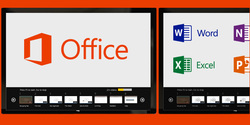
Free Resources
E-learning and online courses are booming. Massive Open Online Courses (MOOCs) are free or very low-cost. Websites offering MOOCs aren’t limited to courses taught by academics, who may be longer on their theoretical than on the practical. At Coursera.com and EdX.org, you can choose from a larger selection of university courses offered than at any single institution, liberally laced with top-rated professors at designer-label universities from Oxford to Stanford. At other MOOC provider sites such as Udemy iTunesU and Udacity(mainly computer type courses,) courses are likely to be more practical and taught by real-world experts rather than by academics. ClassCentral.com and SkilledUp.com aggregate MOOCs from a wide range of providers. Most MOOCs offer free or low-cost verified certificates of completion for individual courses or for completing a sequence of courses. Take a MOOC and you won’t be alone. For example, seven million people have taken Coursera courses, three million have taken Udemy courses, and iTunesU.com reached 1 billion downloads last year! |
